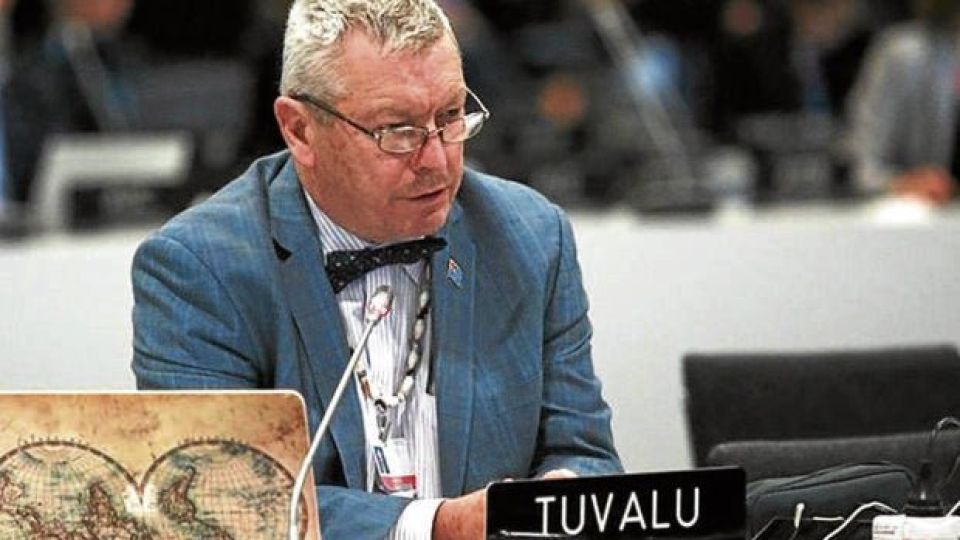November 7, 2023
MANILA – Environmental and fisherfolk groups want a visiting United Nations expert on human rights and the environment to look into alleged violations in those areas under the Marcos administration.
The visit of Ian Fry, the UN Special Rapporteur on Climate Change and Human Rights, “marks a critical moment in bringing our fight for climate justice and human rights to the international level,” said Jon Bonifacio, national coordinator of environmental group Kalikasan People’s Network for the Environment (Kalikasan PNE).
Fernando Hicap, national chair of Pambansang Lakas ng Kilusang Mamamalakaya ng Pilipinas (Pamalakaya), welcomed Fry’s visit, as he cited such circumstances involving human rights and the environment as the reclamation at Manila Bay threatening fishing communities and the alleged abduction by state forces of environmental activists Jonila Castro and Jhed Tamano in September.
Castro and Tamano have since been charged by the Department of National Defense with perjury and grave slander.
Castro herself said she would submit cases of human rights violations in the context of climate advocacies to the UN expert—whose entry, nevertheless, marks the second time a UN special rapporteur has been allowed an official visit under the Marcos administration.
Itinerary
Fry arrived on Monday for a 10-day visit until Nov. 15. The UN, in a statement, said he would observe the impacts of climate change in forcing the displacement of people and the measures taken to counter these effects.
The UN rapporteur’s itinerary covers Metro Manila, including Valenzuela City; Baybay City and the municipality of Abuyog in Leyte as well as the provincial capital of Tacloban; and the municipality of Calinog in Iloilo province. He will meet with communities affected by climate change and also with government officials and representatives of civil society.
For Kalikasan PNE, other issues that should be brought to the attention of Fry and the international community include the Kaliwa Dam project affecting Rizal and Quezon provinces and the New Manila International Airport project in the Manila Bay area covering Bulacan province.
The group also noted the government’s lack of response regarding the continuing attacks against environmental advocates, after a recent report from international human rights watchdog Global Witness showed that the Philippines remained the deadliest country in Asia for environmental as well as land reform advocates in the past 10 years.
‘Worsening impacts’
Kalikasan PNE and another group, the Philippine UPR Watch—a network following UN processes related to the Philippines—also urged the government to tackle the same concerns as well as the implementation of a nationwide moratorium on coastal reclamation.
Furthermore, they called on the government to repeal the Philippine Mining Act of 1995 and the Anti-Terrorism Act of 2020 and establish legal mechanisms to ensure accountability from private proponents.
“We hope that the Special Rapporteur’s visit will result in pushing the Marcos administration to repeal its draconian policies and change ecologically destructive programs,” Clemente Bautista Jr. of Philippine UPR Watch said.
Hicap said Fry’s visit was “timely, especially in the face of worsening impacts of climate change and how it fuels human rights abuses in the grassroots communities.”
He cited the situation in coastal areas of Manila Bay where fisherfolk and other groups “have become targets of vilification and state persecution.”
“Such threats against [the] grassroots aim to impede any efforts and advocacies for significant social reforms, including environmental protection and climate resilience,” Hicap said.


